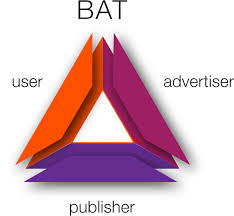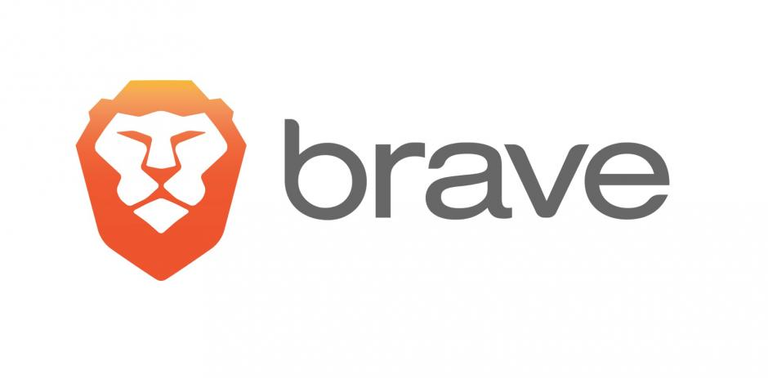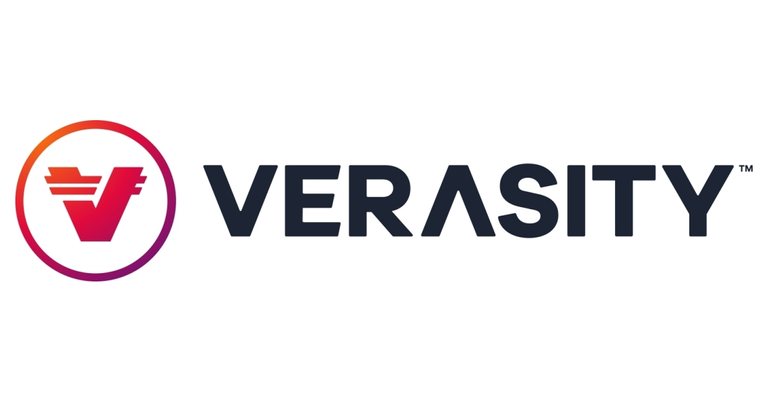Advertisements have ever been the bane of the internet. From its early days, where malware and popups first graced your toolbar-riddled screens. To today, where ad agencies carry enough clout to bring video platforms like YouTube to their knees. Advertising has always had a weird place online.
However, today it makes many of the more popular platforms able to exist. Facebook, YouTube, Twitter among others are thought of as social media sites. However, to keep it all free, users pay by having their viewing be interrupted by ads, or in the case of Facebook especially, their data (likes, dislikes, browsing habits, gender…) sold to companies in order to better target them.
In essence, you are the commodity.


Enter, Basic Attention Token - a cryptocurrency that tokenizes your attention. Basic Attention Token, BAT for short, is a digital currency native to the Brave browser - which itself is much like your Chromes of the world, your Firefoxes, and your Safaris. In fact, Brave was spearheaded by a former developer at Mozilla Firefox.
Out of the box, Brave automatically blocks advertisements and tracking software such as cookies. However, users can opt-in to view BAT-enabled advertisements. From this, users will be able to earn tokens for their attention - hence the name. Brave already has a cult following and an active community. Thanks to this, the browser’s other features can be put into use right now. While the ability to earn them for watching ads has not yet hit the platform, one can already purchase tokens in the browser through the built-in wallet. Then, users can dole out their earnings on a monthly or weekly basis to their favorite creators, or the websites they visit most.
So while it removes the unnecessary interruption and bloatware associated with advertisements, users are still able to support their favorite content creators. While the scope of this is currently limited, more and more people are bound to join the platform. Recently, the browser got mainstream mention on the Philip DeFranco Show - a popular YouTube program. In fact, the host himself earns tokens from Brave users watching his videos. And the amount he earns is not unsubstantial either. And anyone can start earning. All one must do is submit to a simple verification process to prove that you own the domain or content page upon which you are uploading. Then, you are rewarded by the number of views, as well as the time spent on your page compared to other sites users have visited. Depending on their settings.
Aside from the tokenization prospects, the removal of tracking features may well appeal to those who want some much-needed relief from the ever-watchful eyes of Facebook and Google. While Facebook has been in the hotseat lately for its data collection with headlines related to Cambridge Analytica and the congressional interview.
Google in particular is known both for creating the digital infrastructure that allowed companies like Facebook to collect as much data as they have and in the exact methods. It is also the parent company of YouTube, one of the world’s most popular video-sharing platforms.
Of late, YouTube has had its own issues in regards to advertising. While YouTube has grown over the years into a mainstream platform, this has come with very strong drawbacks. As a for-profit entity, it relies on the money of advertisers. Both YouTube and Facebook are not just social media sites - their business model forces them to be ad-serving platforms instead.
That’s where a new video service comes into play - Verasity.
 Verasity also seeks to retool the advertiser-viewer relationship. However, rather than focusing on a browsing experience, it targets one of the largest browsing experiences on the web; video content. However, it doesn’t stop at advertisements either. They have their own blockchain, and via that they host video content much like YouTube, but in a decentralized network.
Verasity also seeks to retool the advertiser-viewer relationship. However, rather than focusing on a browsing experience, it targets one of the largest browsing experiences on the web; video content. However, it doesn’t stop at advertisements either. They have their own blockchain, and via that they host video content much like YouTube, but in a decentralized network.
Similar to Brave, they create a multilateral trading ecosystem with the creation of their token. This is powered by a novel approach to confirmed consensus - something called Proof of View. Simply put, they have methods of verifying that the content is legitimately being watched, rather than it being taken advantage of by bots. Think of how Netflix will prompt you after watching for so long - “Are you still watching?”
There are easy, secure ways of making sure that the content is legitimately being watched. Then, once this is realized, these views are then tokenized as well. Viewers get coins, paid in Vera (VRA) tokens, and can then save them, trade them, or - and this is what makes it unique - they can gift part of their earnings straight back to the content creators, who will have their own wallet for their channel.
Then, as it is a decentralized platform, it will be censorship resistant. While advertiser influence has shaken the YouTube community of late, it also has a censorship problem. It relies on faulty, clumsy artificial intelligence to police and flag content on its service, often removing videos and channels without a human at the company ever seeing it. Often, there is also no recourse. That, and the growing monetization issues has caused creators who rely on the platform for their livelihood to seek other options, such as Patreon in order to supplement their income and production costs.Both Brave and Verasity allow different ecosystems for them to work together with advertisers and viewers for their needs.
What is important about both of these platforms is not just tokenizations, not just the way it changes ads. But they also create miniature economies where the valuable parts of the platform - the content - drive commerce. Then, their security and censorship resistance allow people to own their content - something which has never been true with most cloud hosting and video sharing platforms. When it comes to ads, the revolutionary concept they both share is including the viewer in the publisher-viewer-creator paradigm. They treat it like a transaction. If someone is willing to pay for your time and your energy, then you damn-well ought to be paid for it too.
Your data won’t be sold, and no one entity will control when and why you can participate. Though this may offer some drawbacks, time will only tell. At least someone is trying. We have had enough of the same, without getting fairly compensated for our data.